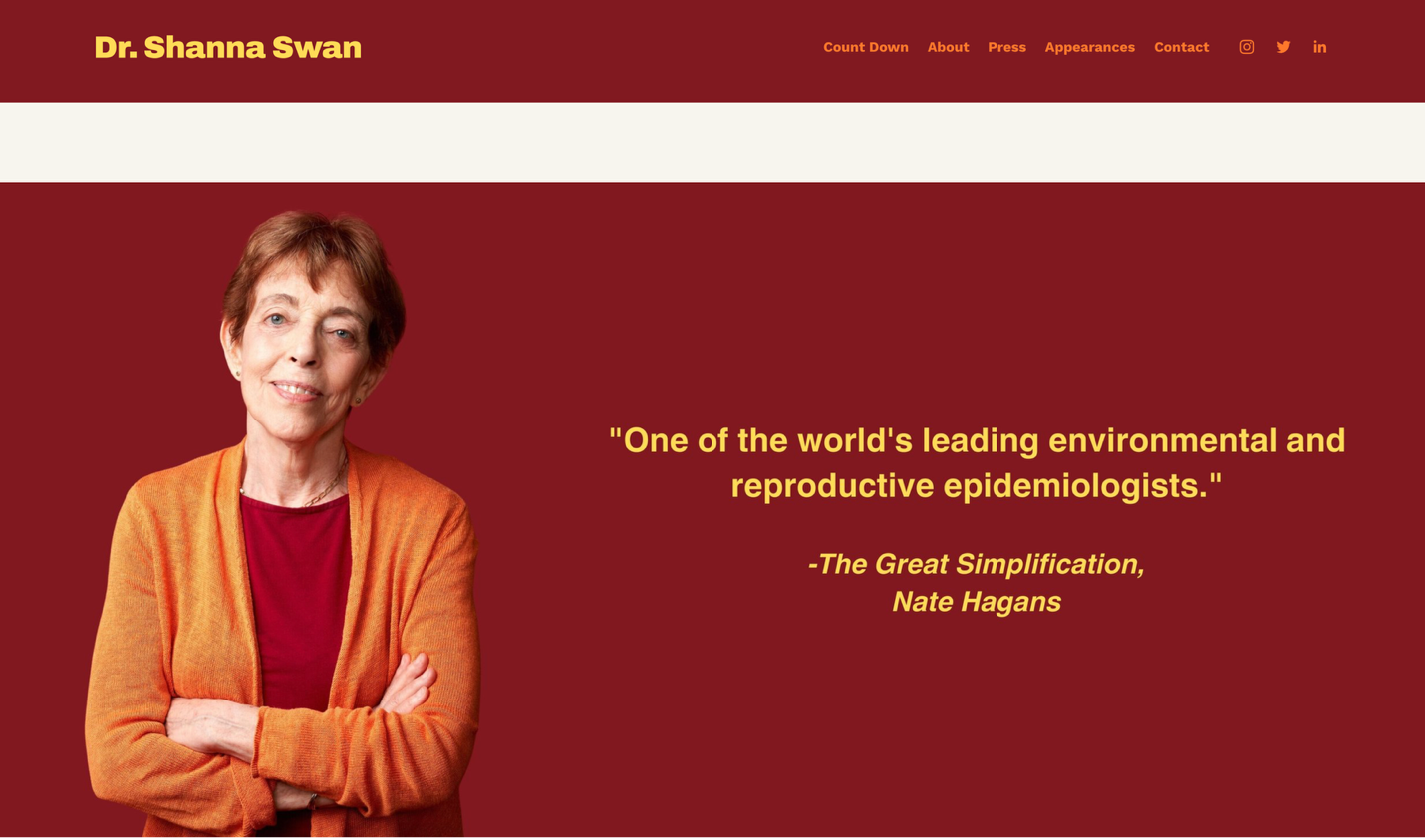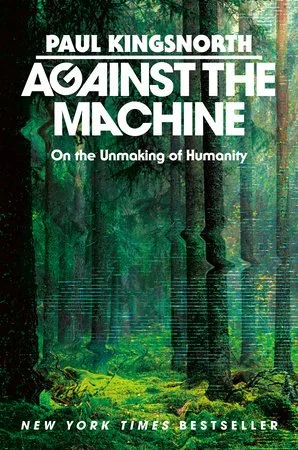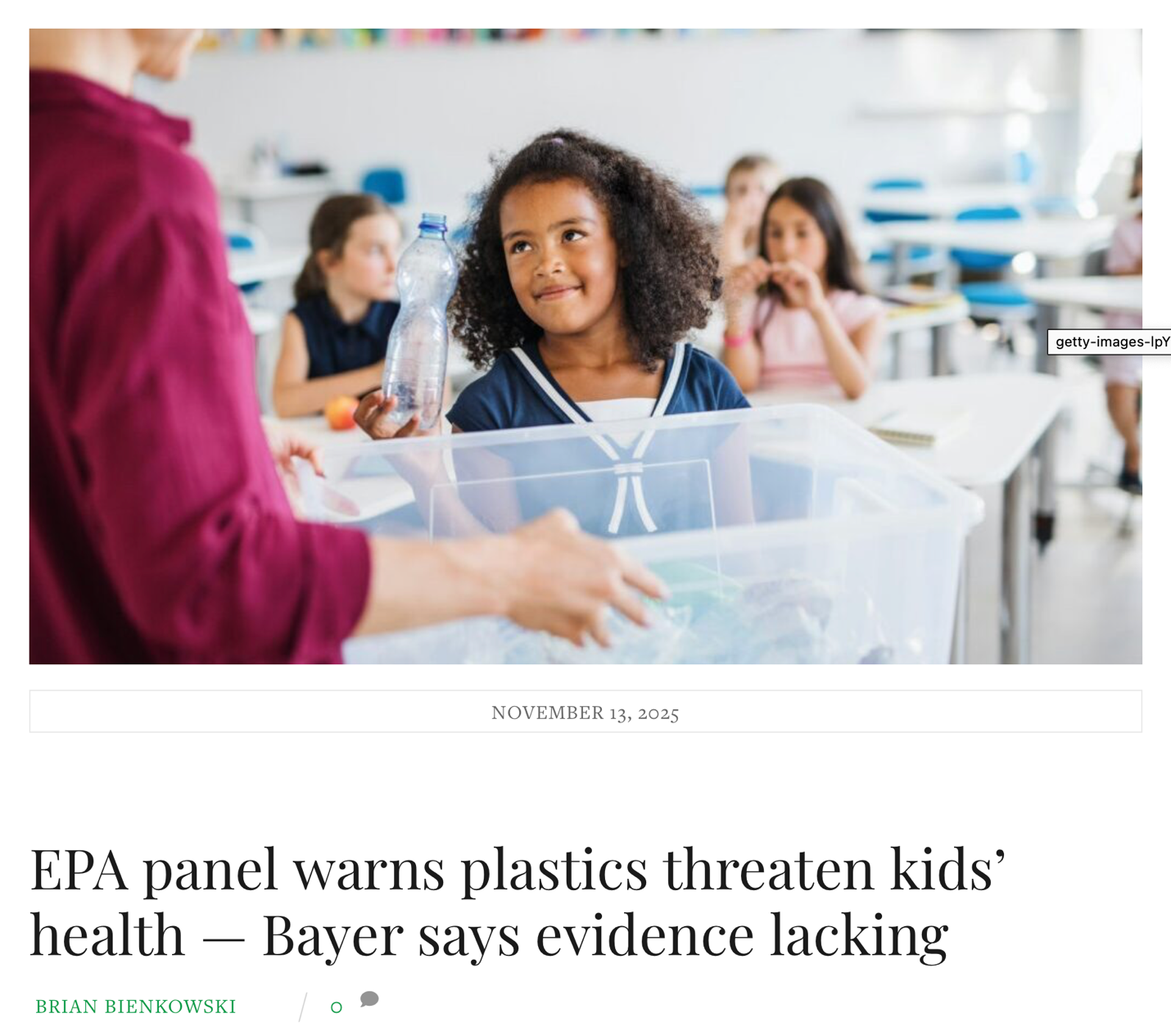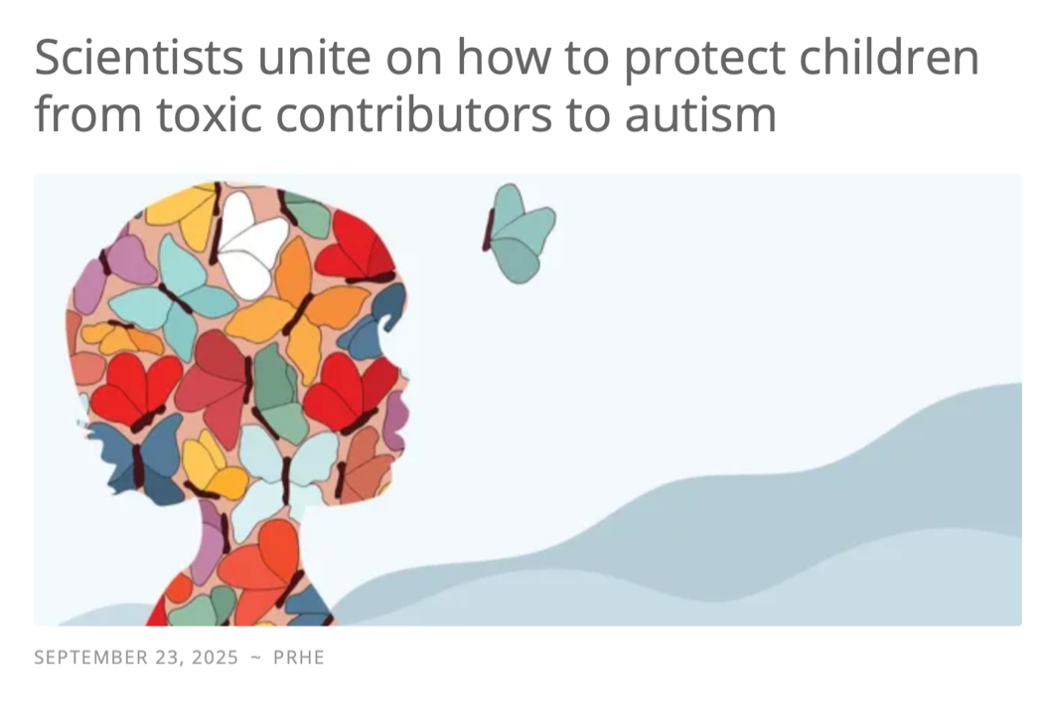Because I am trained in literary theory, in narratives, I am fascinated with the motivations of those who deny reality so strikingly as today's anti-environmentalists at the same time I am appalled and angry. I have been thinking about this for some time, and while there are some very good psychological explanations for denial, some of it goes to our primal, human, fictionalizing impulses. Terry Eagleton argues that novelists are not liars because they do not expect to be believed. On the other hand, “Fantasy, which sounds alluring enough, is at root a wayward individualism which insists on carving up the world as it pleases. It refuses to acknowledge what realism insists upon most: the recalcitrance of reality to our desires, the sheer stubborn inertia with which it baffles our designs upon it” (4-5). Hence, the perplexing and astonishing resistance of many to scientific inconvenient truths. Like Don Quixote, “Those who cannot see the world aright are likely to wreak grotesque damage upon it” (5). What greater damage could result than the destruction of the climate and the poisoning of every being on earth? Let’s keep our fictions where they belong, and not, by trying to impose them on reality, ignore a reality that is killing our children. An infection cannot be treated until it is acknowledged, and no amount of medicine-man dancing will cure strep throat like a simple course of antibiotics.
Eagleton emphasizes the difference between the narrative arc of fiction and reality, which, as Aristotle observed by contrast, does not have a beginning, middle, and end and a satisfying conclusion. “Jane Austen or Charles Dickens would never have tolerated such a botched conclusion” (10). We have a narrative impulse to think that the worst will not happen, that the end will not come too soon, that our most important characters will not die before they have fully lived. Any parent who has lost a beloved child knows that is not true, but other parents live on with the illusion, precious to their peace of mind, and therefore indispensible. I would like to argue that provisionally allowing that the worst could happen can be useful in preventing the worst from happening. Our wearing of seatbelts is an acknowledgement that we could crash – and likely explains the glacial pace with which they were adopted. Addressing problems like environmental contamination can be seen as an admission that the worst could happen. To us. Addressing climate change is an admission that we are destroying our planet on a scale we can scarcely imagine. This is how humanity manages to get itself into the worst trouble, a phenomenon admirably detailed in Jared Diamond’s Collapse: How Societies Choose to Fail or Succeed. So don’t read our story out of sympathy – read it in the spirit of prevention. Sympathy does me no good at all; prevention could be everything to you, though you would never know it from the absence of tragedy. You will never know the crash you avoided by driving safely, or the child who doesn’t get cancer because you stop mosquito spraying in your city.
Work Cited
Terry Eagleton. The English Novel. Malden, MA: Blackwell Publishing, 2005.











